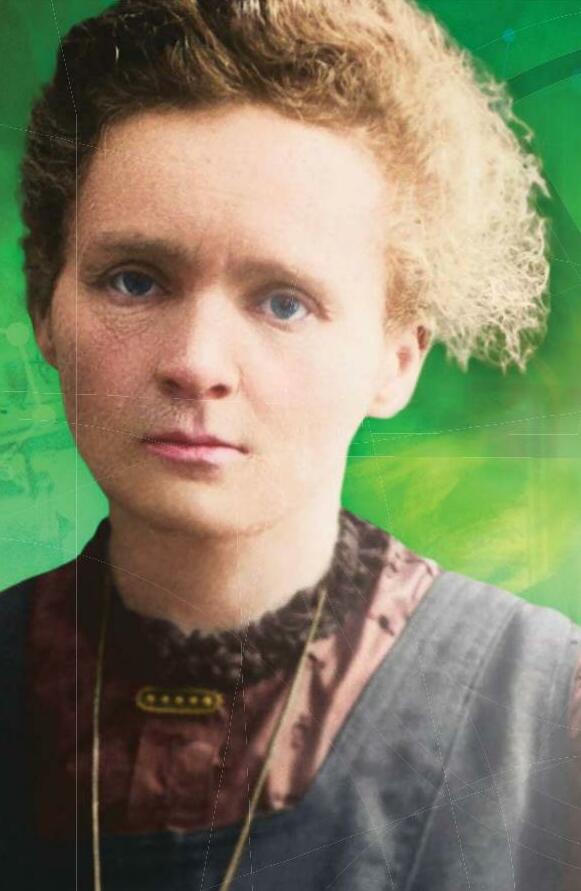
Marie Curie might have lived a long time ago, but she is still inspiring people today. This superstar scientist won two Nobel Prizes and discovered two new chemical elements. She was also one of the first researchers to investigate radioactivity and organised mobile X-ray units during the First World War (1914–1918). Curie did this just a few years after women were first allowed to study at universities. To mark the International Day of Women and Girls in Science on 11 February, let’s take a look at this remarkable scientist’s life story.
Secret schooling
In 1867, when Maria Sklodowska (as she was then known) was born, Poland was part of the Russian Empire. Around the world, women were only just beginning to be accepted into universities. The first French woman to gain a degree graduated in August 1861. In 1868, the first women were admitted to university in Britain. In Poland, however, women were not allowed to enrol in universities, so the young Maria took lessons with the Flying University, a secret college that gave lessons in changing locations such as private houses around the country.
この記事は The Week Junior Science+Nature UK の Issue 71 版に掲載されています。
7 日間の Magzter GOLD 無料トライアルを開始して、何千もの厳選されたプレミアム ストーリー、9,000 以上の雑誌や新聞にアクセスしてください。
すでに購読者です ? サインイン
この記事は The Week Junior Science+Nature UK の Issue 71 版に掲載されています。
7 日間の Magzter GOLD 無料トライアルを開始して、何千もの厳選されたプレミアム ストーリー、9,000 以上の雑誌や新聞にアクセスしてください。
すでに購読者です? サインイン

Is gaming good for you?
Gaming is great fun, but some worry it could be bad for young people's health.

What are wormholes?
Find out if space has secret passages that give shortcuts through the universe.
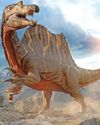
TITANS
The biggest dinosaurs grew to truly epic proportions. Peter Gallivan tells the super-sized tale of these giant reptiles and discovers why they grew so large.
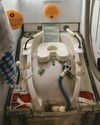
Space toilets
Doing your business in space is not as easy as you might think.
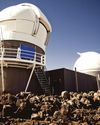
A visitor from outer space
Scientists have spent years looking for alien life, but what if it found us first?

Gladys West
Meet the hidden figure behind the navigation system in your smartphone.
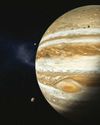
JUPITER KING OF PLANETS
Blast off with BBC Sky At Night's Ezzy Pearson as she takes you on a voyage to explore the largest planet in our solar system.

Would you eat insects to save the planet?
Some say you should be eating beetles for breakfast and locusts for lunch.

Why are people allergic to things?
Find out why your body is sensitive to some substances.

WHIZ KIDS
Claire Karwowski asks what makes people tick and if there is a secret to being smart.